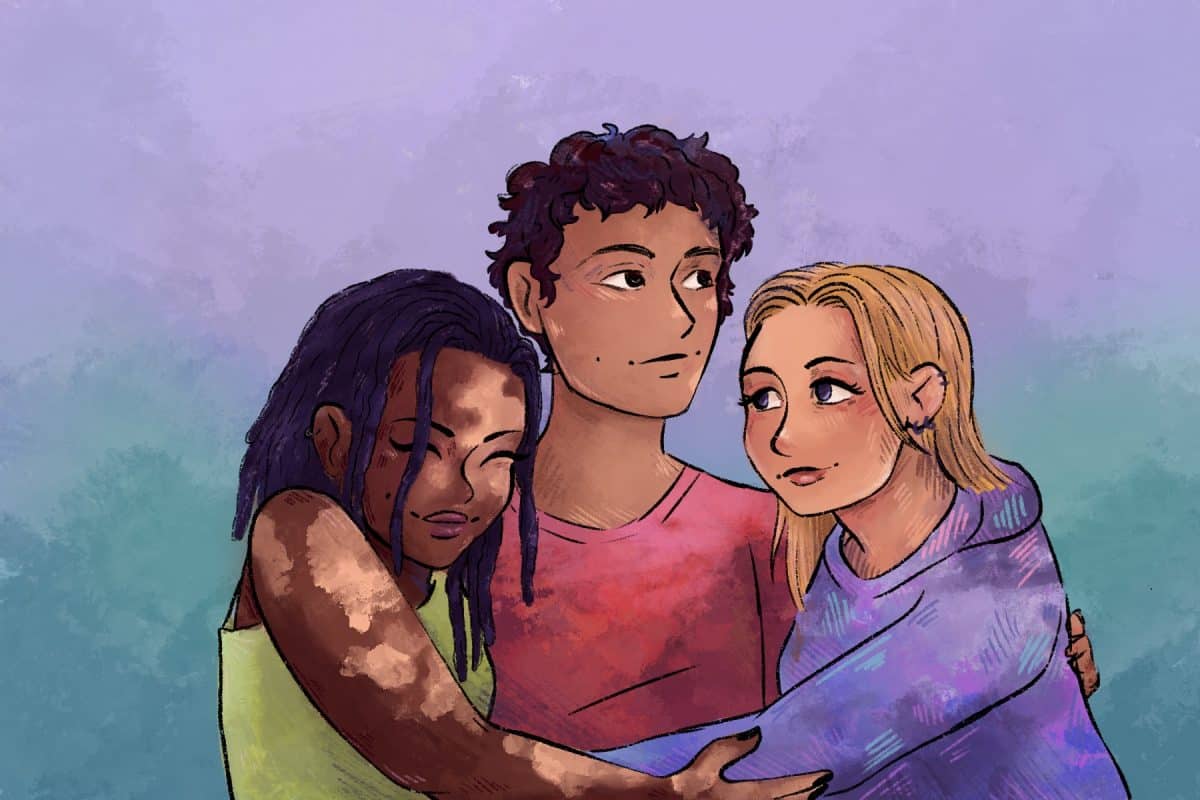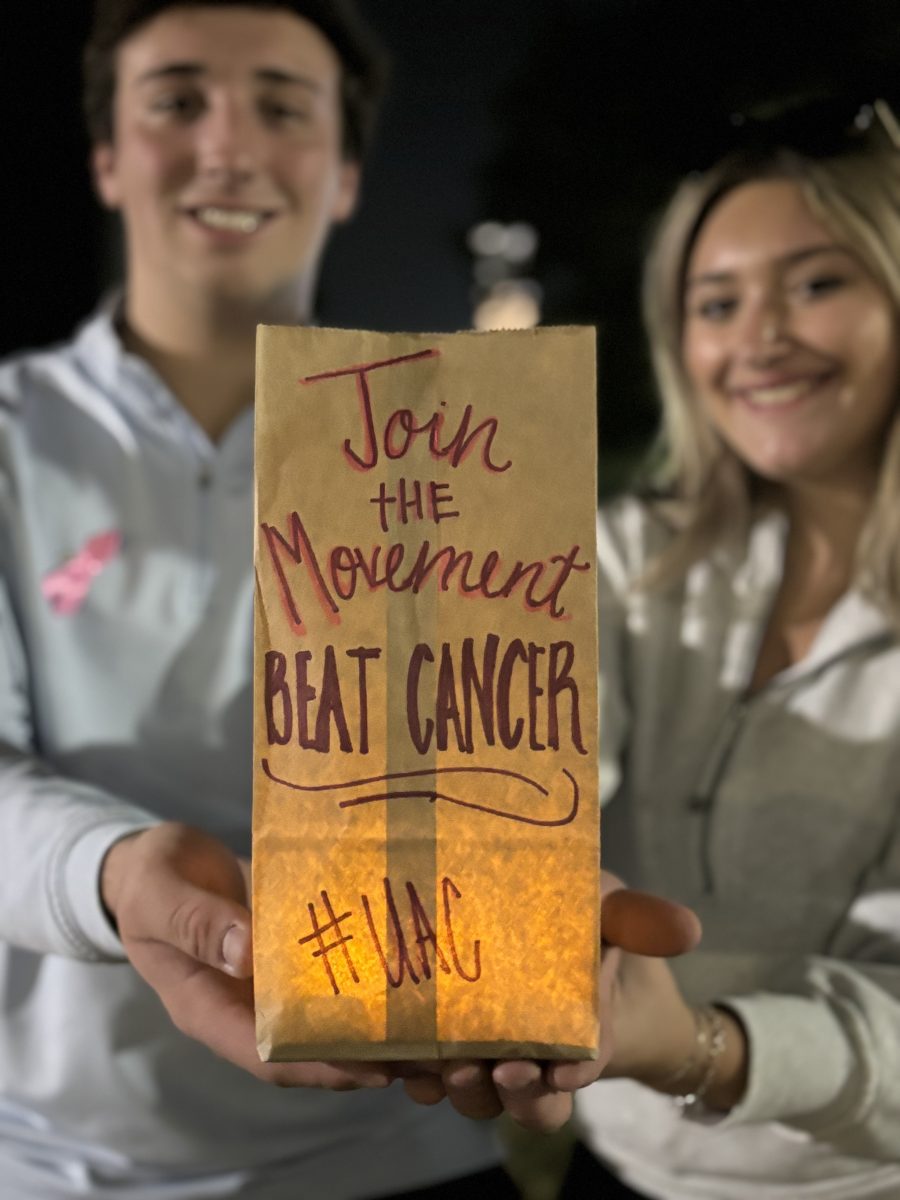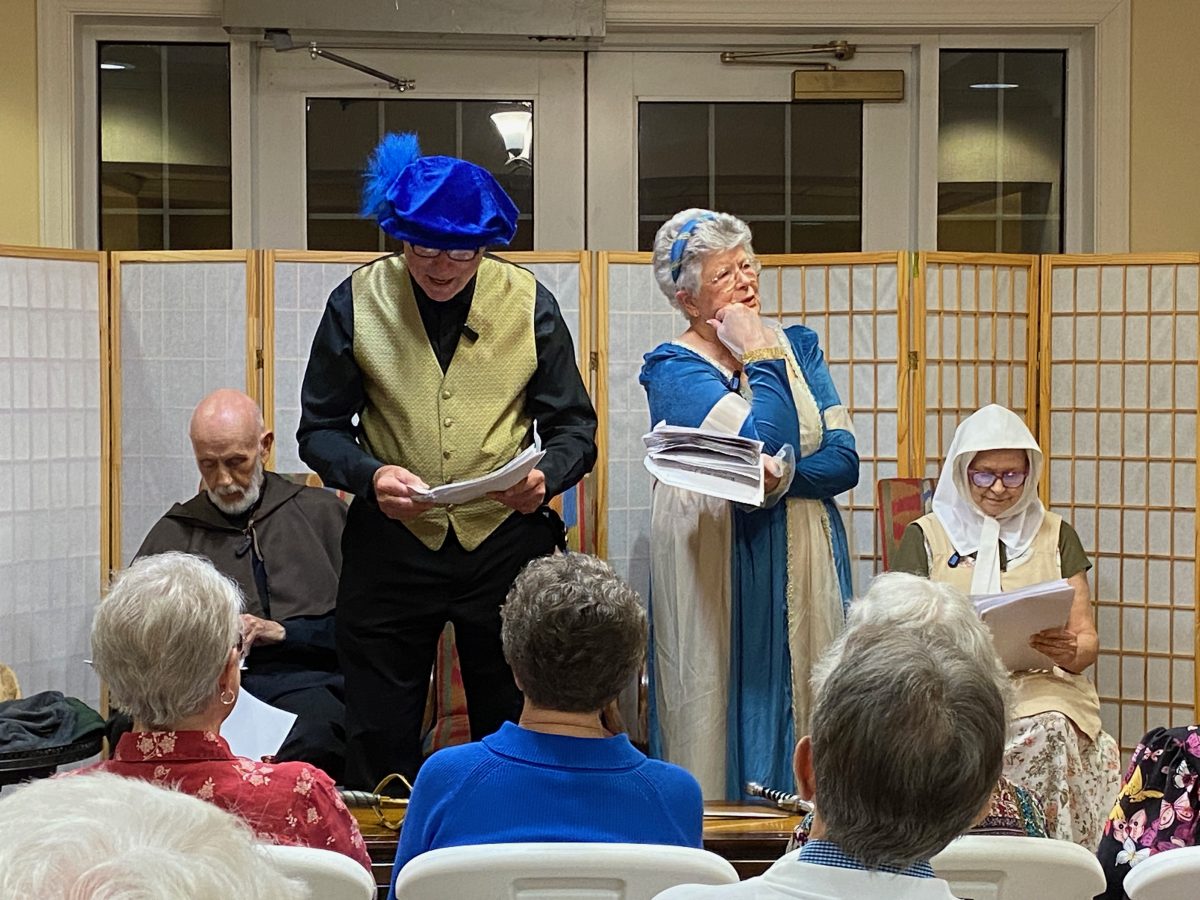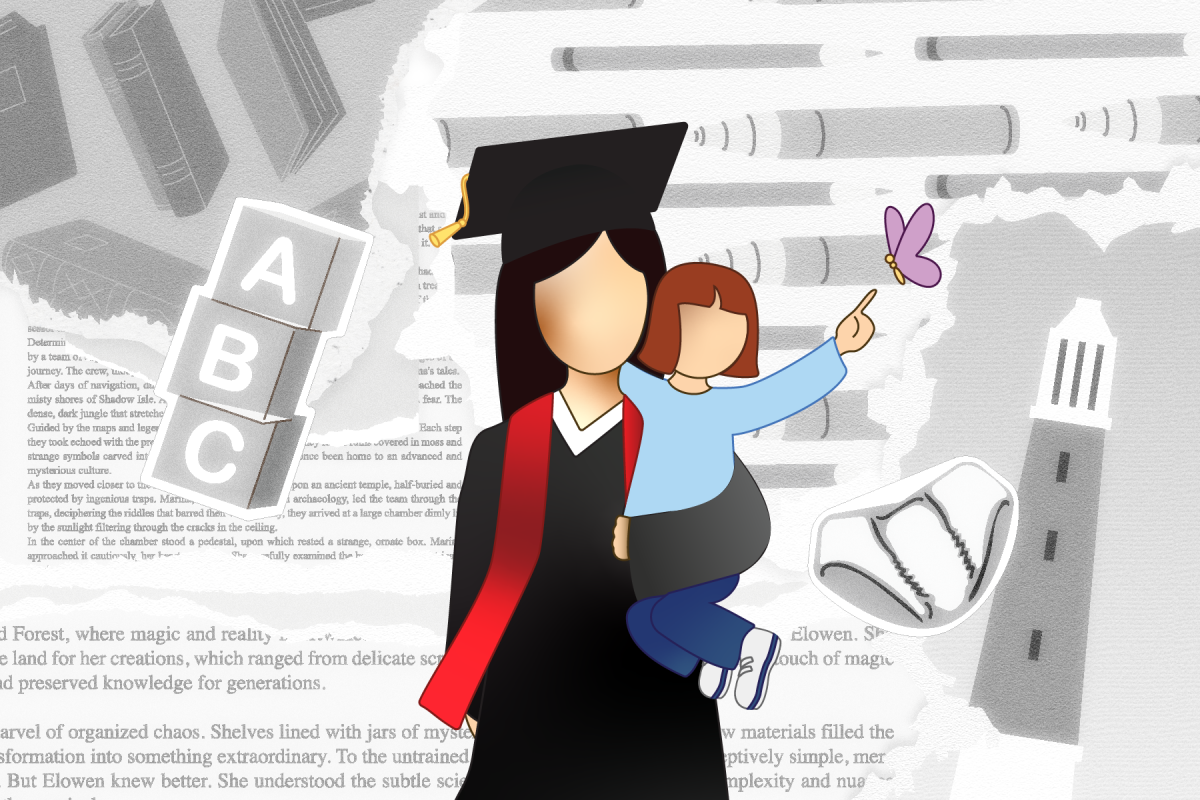Maintaining mental health and wellness can be difficult for anyone, regardless of age, gender and background. As Suicide Prevention Month approaches in September, organizations and programs on campus aim to destigmatize conversations surrounding mental health.
For students and faculty members on campus, The University of Alabama provides counseling services through the Counseling Center along with additional services at the Student Health Center and the Women and Gender Resource Center.
Anita Kay Head, assistant dean for students at the University’s law school and associate professor of legal writing, said that having readily accessible resources like counseling and mentors for students to refer to can make a big difference.
“Sometimes it’s hard to ask for help, but then if you’ve got to take extra steps to seek it out, that’s harder,” Head said. “The more in-person, personal interactions and supportive environment we can create where people are honest about their struggles, the better off everything’s going to be.”
Michelle Moss, the assistant director of the Counseling Center, said that the center has many opportunities for students to discuss mental wellness, whether in group or individual settings. The center provides Question, Persuade, Refer workshops that give training on how to approach someone struggling with mental health, and how to recognize the signs. Moss describes the QPR workshops as “vital,” especially for faculty to be able to provide encouragement and “show grace” to students who may simply need extra support and forgiveness.
The Counseling Center provides multiple free support groups for students including an international student workshop, a body kindness and empowerment group, a graduate student support group, and more.
Moss also works with the Tide Against Suicide program at the University, an organization that provides educational resources, discussion outlets and suicide prevention training.
Talk Saves Lives are peer-led training sessions that target suicide prevention and awareness by sharing “risk factors and warning signs associated with suicide.” They require no sign-up and are held throughout the semester by Tide Against Suicide’s student advisory board.
To raise awareness and ignite conversations about mental wellness, Tide Against Suicide will hold its Suicide Awareness Week beginning Oct. 6 and ending on Oct. 13 with an “Out of the Darkness Walk” open to the Tuscaloosa community. This week will be filled with events for students to decompress in various activities.
Hunter Christian, director of student care and well-being, has past experience with mental wellness as a mental health officer with UAPD and Tuscaloosa County Probate Court. The student care and well-eing office works with the Counseling Center to help students who are struggling and ease recovery, alongside general community partners including Indian Rivers Behavioral Health, DCH and others.
In cases of unforeseen emergencies, assistance can usually be provided through programs such as student care and well-being’s Hardship Assistance program.
Finding counseling services off campus is possible with community programs like the Tuscaloosa Mental Health Alliance, Indian Rivers Behavioral Health and more. Laura Reeves, president of Tuscaloosa Mental Health Alliance and executive practice manager of River Oaks Health, emphasized the importance of destigmatizing mental health and battling the taboos surrounding it.
Indian Rivers Behavioral Health, the parent company of River Oaks Health, provides developmental disability services, addiction recovery services and counseling opportunities for adults, children and families. Reeves said the Mental Health Alliance’s organizes socials and “lunch and learn” resources for the community and plans to further develop the Hope Pointe Behavioral Health Crisis Care Center, which opened in October 2023.
Within the law school, the university provides in person counseling on Tuesdays with licensed counseling professional Mona Ochoa-Horshok. The law school will hold a “Wellness Week” in October to recognize national law student mental health day on Oct. 10.
“The more accessible counseling the better. I think that the more mentorship opportunities there are, the better,” Head said.
If you or someone you know is struggling, please call 205-348-5454 to speak with the University of Alabama Police Department and ask for the on-call councelor immediately. Alternatively, call 988 for the Suicide and Crisis Lifeline or the Counseling Center at (205) 348-3863.
Editor’s note: This story was updated Aug. 29 to correct Head’s title. She is an associate professor of legal writing, not an assistant professor of legal writing.









